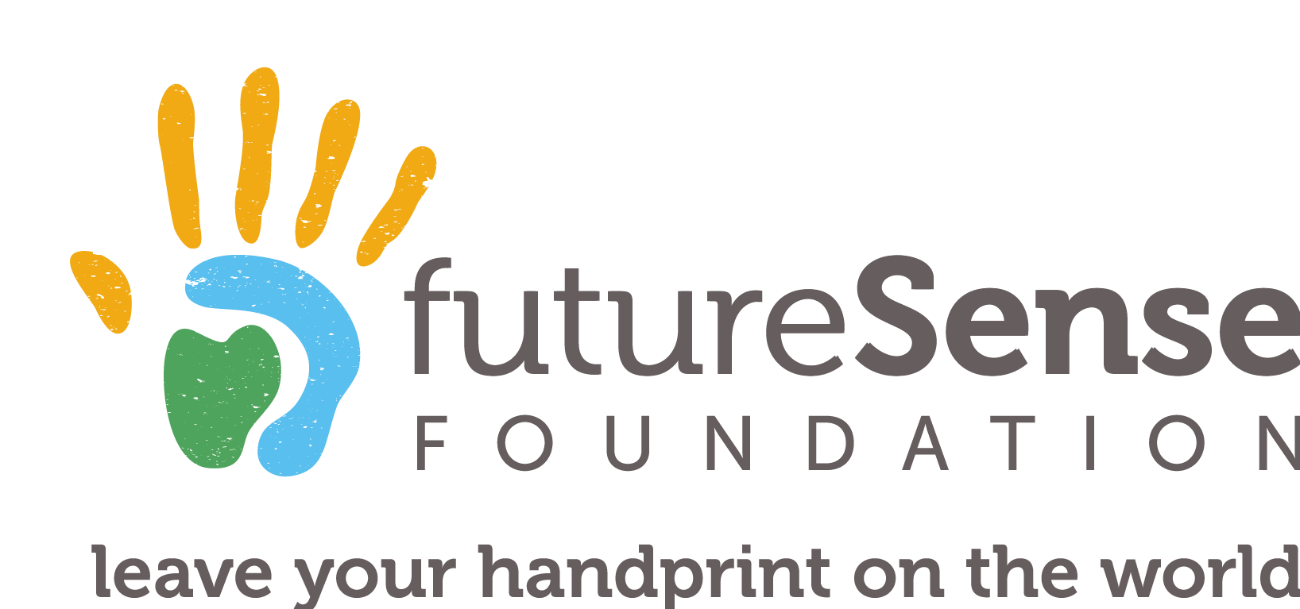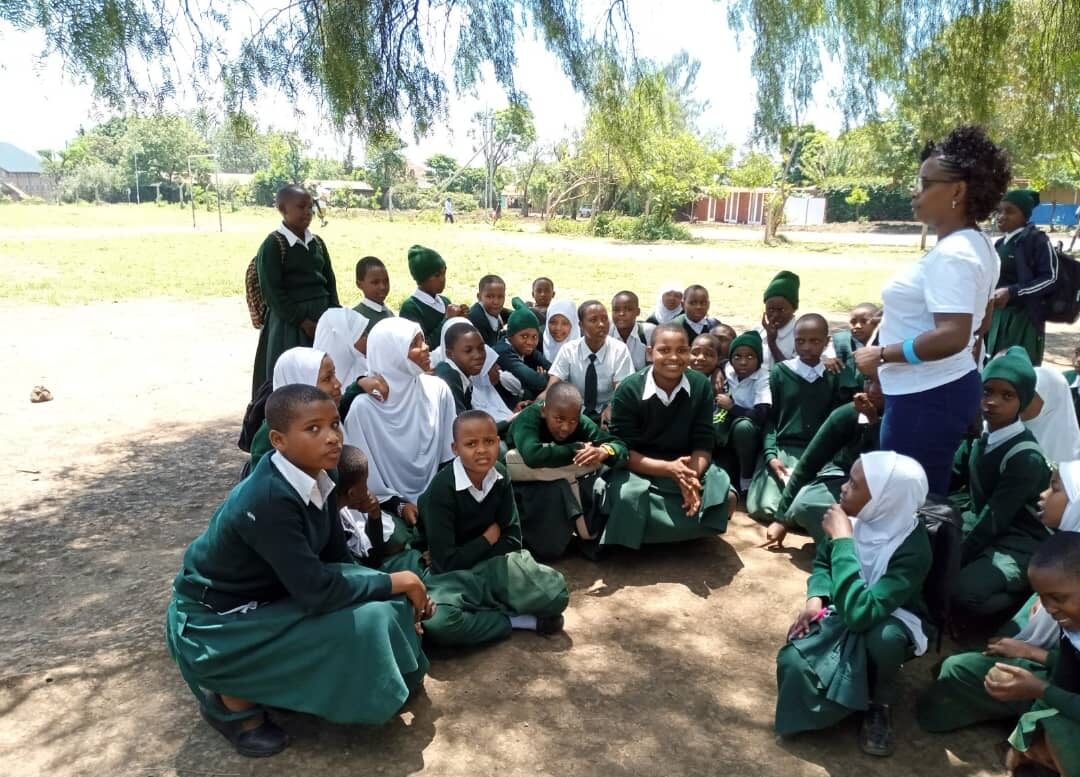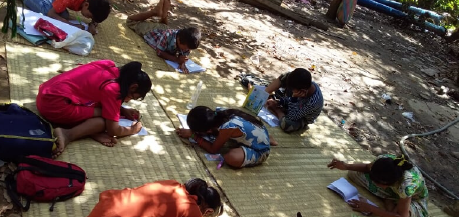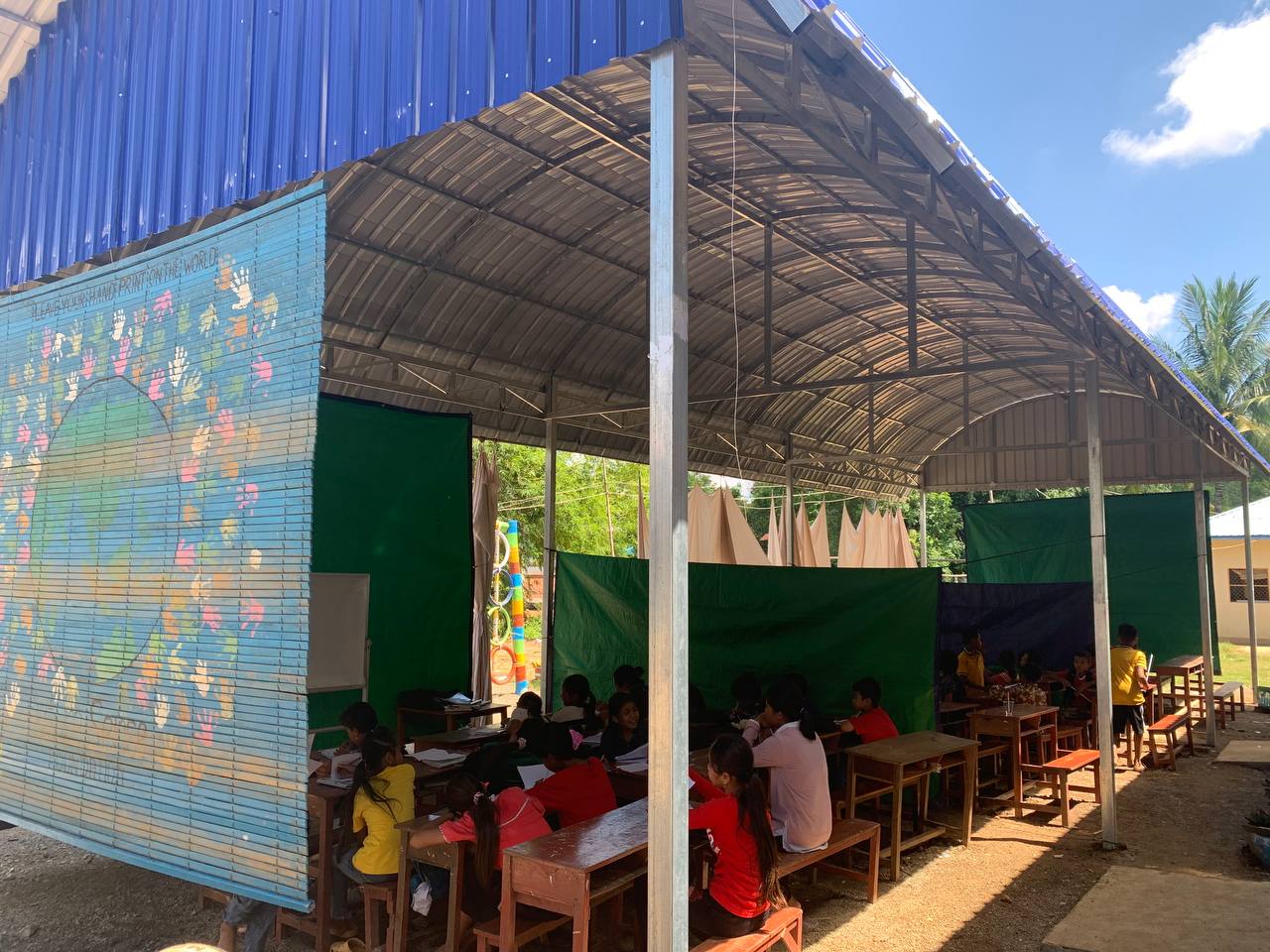Written by Om Baral, Nepal Country Manager.….
Together we can inspire. Together we can build a fairer world. Together we can.
FSF Nepal believe that great things are done by a series of small things brought together. The FutureSense Foundation believe that if we work together – through inspiring, supporting, and educating – we can achieve the United Nation’s Sustainable Development Goals (UN SDGs). FSF Nepal work together with students, teachers, and volunteers with the aim of achieving the UN SDGs in our partner schools and communities. Keeping the UNSDGs at its heart, FSF Nepal inspire and educate the students, as the future of the world is in today’s classroom.
Nepal faces a number of challenges: lack of quality education, poor health and sanitation, poverty, gender inequality and so on. Another global issue that Nepal faces comes in the form of environmental pollution.
One of the most significant contributors to environmental pollution is the increasing use of plastic. There is currently no implemented mechanism in Nepal to manage the large quantities of plastics discarded daily and most people seem to be unaware of its damaging effects.
As Booker T. Washington said, “if you want to lift yourself up, lift up someone else”. FSF Nepal works together with school communities to educate the students on global issues including the link between environmental pollution and the use of plastic.
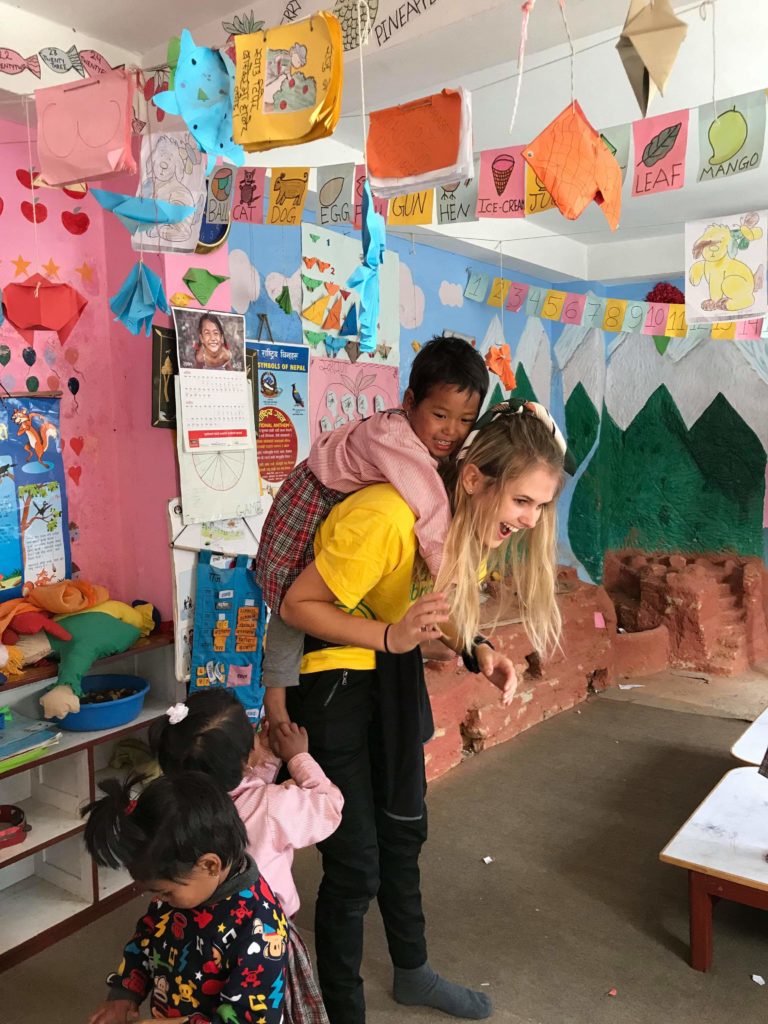
A few years ago, the use of plastics was relatively rare in local communities. Nevertheless, with the growth of urbanisation and population, single-use plastics have become more and more popular because of its light weight and cheap price. In Nepal, 16% of urban waste is comprised of plastic and in Kathmandu alone, it is believed that 3 tons of plastics are produced daily! FSF Nepal believe that together we can improve this global issue surrounding the use of plastics. In Nepal, we work together – students, teachers, and volunteers – at FSF partner schools to address this increasing issue of plastics.
One of the United Nation’s Goals for Sustainable Development is to ensure healthy lives and to promote well-being for all at all ages. The FutureSense Foundation continuously work towards achieving the UN SDG’s, and especially focus upon this goal across the developing countries we work within, and this includes Nepal. The FutureSense Foundation is committed to delivering the UN SDG’s through long-term sustainable programmes delivered by volunteers.
Through these programmes, FSF volunteers engage with students and the community on the global issues. Volunteers were surprised to find that students and members of the community were unaware of the importance of waste management and recycling. It became evident that education surrounding the damaging effects plastics had on the environment, globally and locally, was urgently needed.
Education in our partner schools now focuses significantly upon teaching the importance of recycling and reducing, if not completing eradicating, the consumption of single-use plastics.
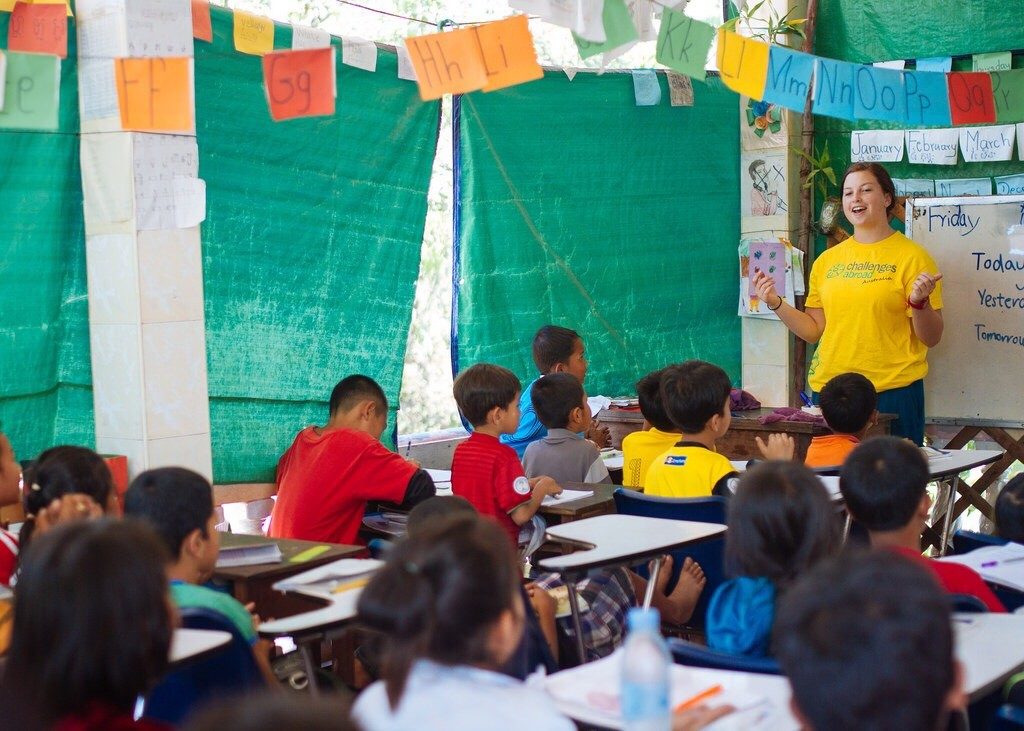
To further our work on the education of plastic pollution, students, staff, teachers and volunteers worked together to implement and construct a waste management system. This was implemented in the school grounds to inspire and show how easy recycling is and to encourage it throughout the community. We realised that coming together is a beginning; keeping together is progress; and working together is a success.
Waste Management in Action:
Volunteers conduct workshops and show the school community how to manage waste to keep the local environment clean and maintained. The educational workshops within the schools mainly focused on how the use of plastics directly affects public health. Volunteers showed the students and made them aware that when they look around in their local communities, and in the rivers and streams, they were covered with mountains of plastics. Students learnt and were shocked that plastics are non-biodegradable materials. In addition to this, students learnt how burning plastics can severely poison air and can lead to severe health problems.
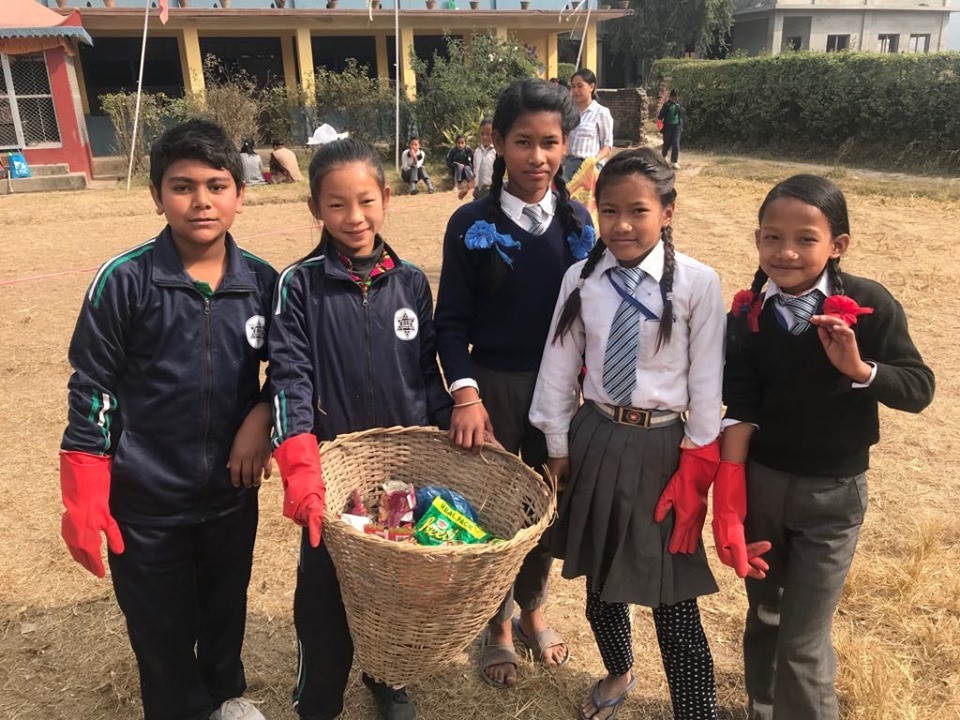
FSF volunteer presented different audio-video sessions along with the pictures to ensure students and teachers were aware of the damaging effects plastics have on the environment. An example of this includes a picture of a cow eating a plastic bag on a heap of garbage and a whale struggling after eating plastics. These examples shocked the students and made them seriously think about their consumption and use of plastics.
Workshops and Life Skill Activities:
Students, teachers and volunteers regularly come together to collect and measure the waste in and around the school grounds. FSF volunteers show the school community the different waste found in the school. The students learnt the negative impacts of burning and discarding of plastics inappropriately. At the same time, they learnt how and why to segregate waste and dispose of it properly using clearly signed bins. On the top of it, they learnt several waste prevention techniques (4Rs): reduction, reuse, recycling and recovery.
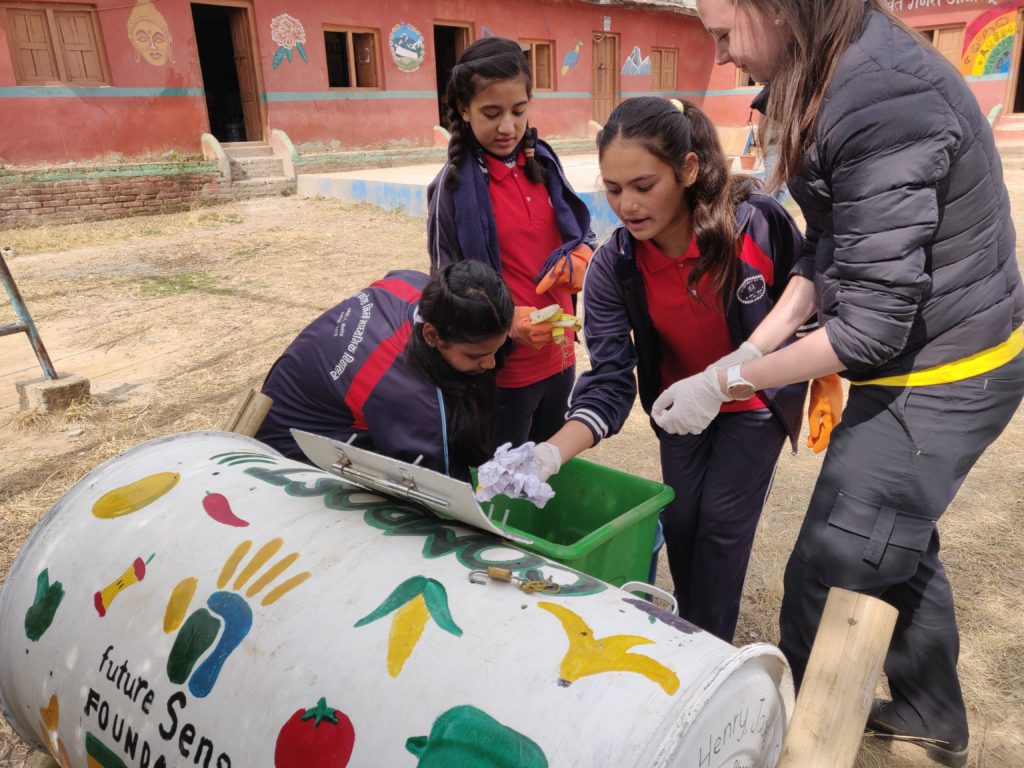
Waste Segregation Plant and Eco Club:
FSF Nepal placed several bins within the school grounds. Each bin had a different colour and sign. The different colours represent the different types of waste. The bins are used to teach and encourage the students and community to disposal of waste correctly, whether that be green, general, glass or plastics.
To continue and maintain the waste management programme in a sustainable way, the school students came together to form a school group named the ‘Eco Club’. The aim of the Eco Club was to effectively monitor the waste regularly and ensure it was used properly.

FSF provided the students with Eco-Club t-shirts to encourage others in the community to get involved in the initiative. The Eco Club is now earning money from selling the waste papers made by recycling.
In the future, the Eco Club are expecting to work together with other schools. Now the development and implementation of the environmental initiative has been completed, the students, teachers and staff can now continue to work together in a sustainable way. This programme has taught us, and we hope will teach you, that growth is never by mere chance; it is the result of forces working together. Together we can inspire. Together we can build a fairer world. TOGETHER WE CAN!
